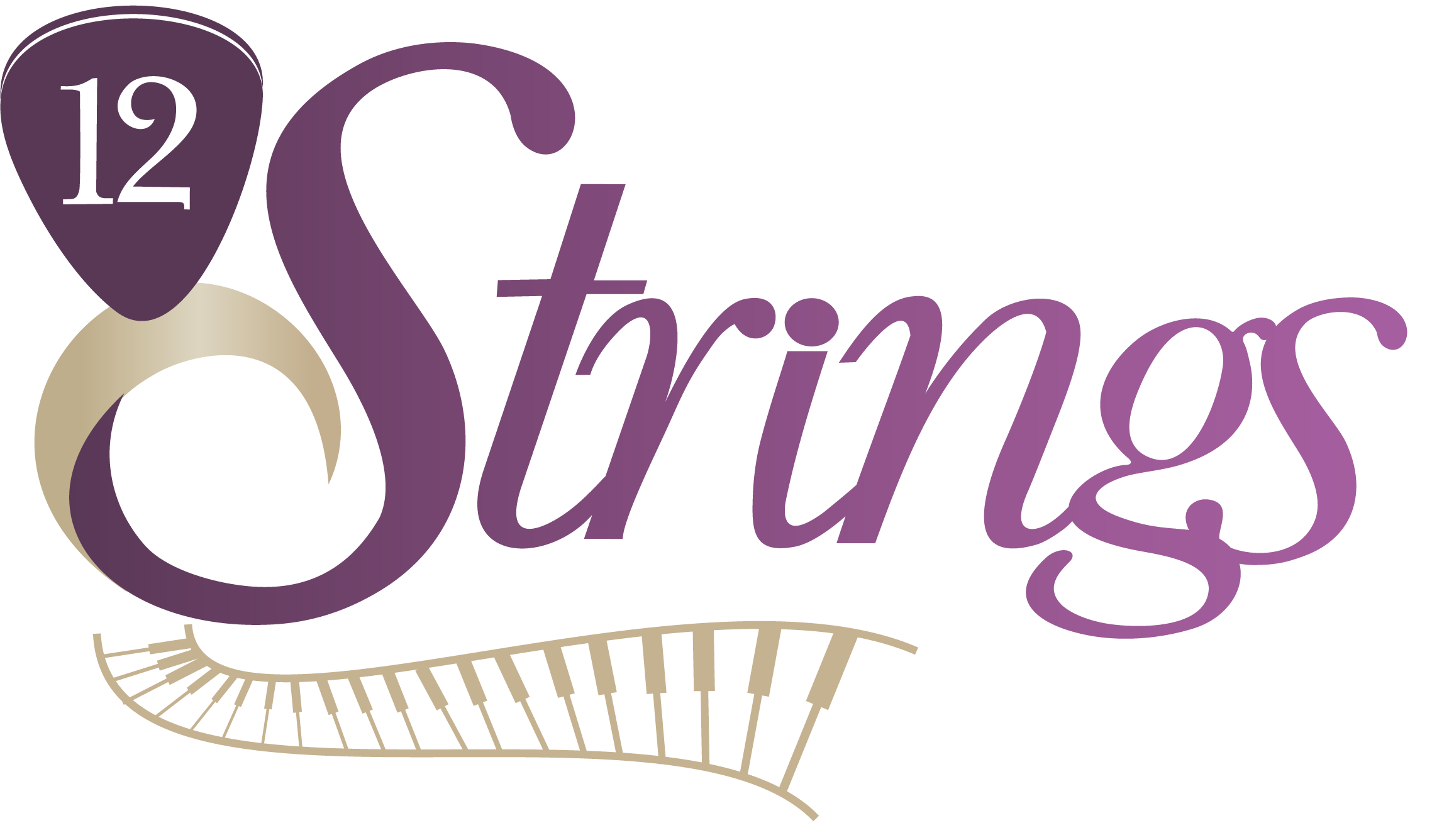This is the first question you should be asking before you even bother going to buy a piano. There are a lot of factors that need to be considered before you take the step towards piano ownership. And the most important is not price or availability, or even colour – you need to know the reason you will be playing the piano in the first place.
There are many reasons why a perfectly normal person would want to take a leap in to the realms of the musically gifted. And there are many possible outcomes from embarking on this journey. The key to buying the right piano for you is thinking about what the purpose of the piano is, what are your musical goals and what pianos do you like playing?
In this article we look at a few things that you need to consider before you buy a piano. The reason you should ask yourself why you want to play the piano is because this will give you the first impression of what kind of piano you will need. This will save time because you will know where to go and what you are looking for. It will also save you money because you will not end up buying something that is either too extravagant or is not up to scratch and needs to be replaced soon after buying it.
So what are your musical goals? Are they to play a song for your family every now and then? Are they to play in a local band that performs every month or so? Are they to be the next great songwriter? Or the next Jerry Lee Lewis? Are you planning to sit examinations? Whatever your goals are you need to be familiar with them because this will determine the kind of piano you will need.
If you are only going to play for friends and family, your ability may not be at a level (as you are not playing very often) that requires all 88 keys or even pedals. So you may be able to use a small portable keyboard. Not only will this save you money but it will give you the option to play chords with one finger or even program backing tracks.
If you were looking to play in a local band then you may need something a bit bigger and a little more flexible. Because of the nature of local bands, you may end up playing different kinds of musical sounds (like brass or string sounds) as well as playing piano parts. This means you will need all 88 keys, pedals and the option of playing different musical sounds. And because you will be travelling it will need to be portable. So a good quality keyboard will be fine.
If you want use your piano for songwriting it depends on what role the piano will play in this process. If you will be writing complex piano pieces you will need something similar to what you would need if you were playing in a band. But if you will only be using it to enter notes into a computer, it would need to be compatible with your computer (and have the right software). You may not even need all 88 keys.
For these first few examples, weighted keys will not be important nor will the width of the keys, as these are features that do not relate to what the instrument is being used for The feel and width of the keys in these instances are more to do with personal preference.
For examinations you will either need a real piano or something that feels as much like a piano as possible. It will need 88 standard-width keys, pedals and be weighted (the keys need to feel like the keys on an acoustic piano). The examinations will be performed on an acoustic piano and you will need to practice on something that simulates the feel and sound of a piano as much as possible.
Once we know what your goals are then we can look at the practicalities involved with the type of piano that is best for you. How much space do you have? This is an important question to ask because if you need an acoustic piano and you have your heart set on a full-size grand piano but you live in a small top floor apartment with no lift, it may be impossible or extremely expensive to get it into position. So does the piano that is best for you also fit in the space that it needs to go? If not we need to get as close as we can while keeping the components that are important to our goals.
If you are doing exams then you will need a keyboard that feels like an acoustic piano so that you will be able to practice on something that is similar to an acoustic piano. This can be achieved in a few ways, the first is by getting an upright piano. Uprights take up less space and are easier to fit into smaller spaces. If an upright is still too large for the space, the second option would be a weighted electronic piano or keyboard. Once again, this would need to have standard width keys.
Check back soon for the next part of this article.
www.12strings.com.au
www.12strings.com.au/piano-lessons
www.12strings.com.au/guitar-lessons
www.12strings.com.au/bass-lessons
www.12strings.com.au/ukulele-lessons
